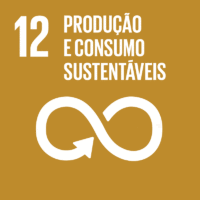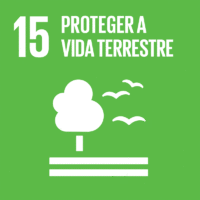Ciência_Iscte
Publicações
Descrição Detalhada da Publicação
The INHERIT model: a tool to jointly improve health, environmental sustainability and health equity through behavior and lifestyle change
Título Revista
International Journal of Environmental Research and Public Health
Ano (publicação definitiva)
2018
Língua
Inglês
País
Suíça
Mais Informação
Web of Science®
Scopus
Google Scholar
Esta publicação não está indexada no Overton
Abstract/Resumo
The need for analysis and action across the interrelated domains of human behaviors and lifestyles, environmental sustainability, health and inequality is increasingly apparent. Currently, these areas are often not considered in conjunction when developing policies or interventions, introducing the potential for suboptimal or conflicting outcomes. The INHERIT model has been developed within the EU-funded project INHERIT as a tool to guide thinking and intersectoral action towards changing the behaviors and lifestyles that play such an important role in today's multidisciplinary challenges. The model integrates ecological public health and behavioral change models, emphasizing inequalities and those parts of the causal process that are influenced by human behaviors and lifestyles. The model was developed through web-based and live discussions with experts and policy stakeholders. To test the model's usability, the model was applied to aspects of food consumption. This paper shows that the INHERIT model can serve as a tool to identify opportunities for change in important -food-related behaviors and lifestyles and to examine how they impact on health, health inequalities, and the environment in Europe and beyond. The INHERIT model helps clarify these interrelated domains, creating new opportunities to improve environmental health and health inequality, while taking our planetary boundaries into consideration.
Agradecimentos/Acknowledgements
--
Palavras-chave
Integrated models,Environmental health,Behavior,Behavioral change,Equality,Sustainability,Food
Classificação Fields of Science and Technology
- Ciências da Terra e do Ambiente - Ciências Naturais
Registos de financiamentos
| Referência de financiamento | Entidade Financiadora |
|---|---|
| 667364 | Comissão Europeia |
| UID/PSI/03125/2013 | Fundação para a Ciência e a Tecnologia |
Contribuições para os Objetivos do Desenvolvimento Sustentável das Nações Unidas
Com o objetivo de aumentar a investigação direcionada para o cumprimento dos Objetivos do Desenvolvimento Sustentável para 2030 das Nações Unidas, é disponibilizada no Ciência_Iscte a possibilidade de associação, quando aplicável, dos artigos científicos aos Objetivos do Desenvolvimento Sustentável. Estes são os Objetivos do Desenvolvimento Sustentável identificados pelo(s) autor(es) para esta publicação. Para uma informação detalhada dos Objetivos do Desenvolvimento Sustentável, clique aqui.

 English
English




